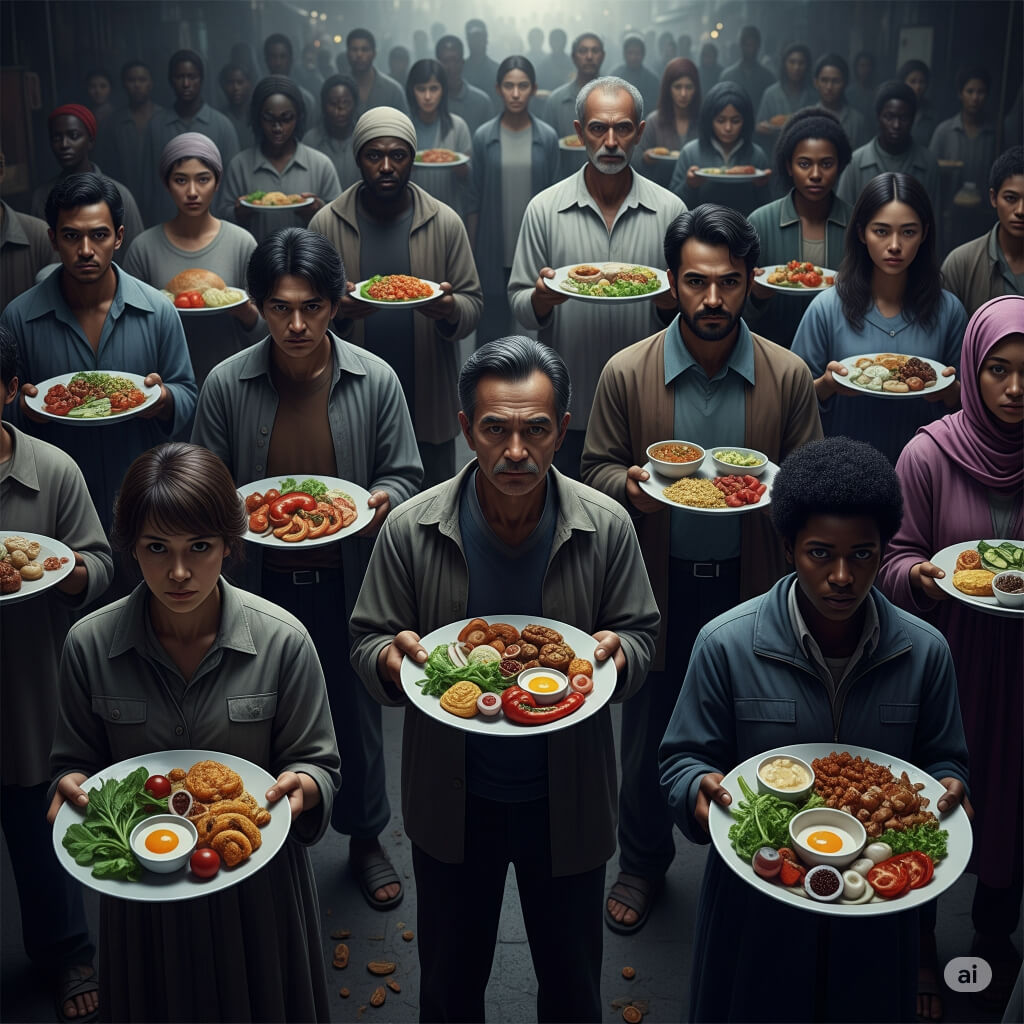World Food Safety Day 2025: A Crisis We Eat Every Day
We don’t just eat to live—we eat to celebrate, bond, and console. Yet hidden in this daily act is a silent crisis. Food, the sustainer of life, can also be its destroyer.
June 7 is not just a celebration. It is a call to action. Declared by WHO and FAO, World Food Safety Day 2025 urges global responsibility. Because today, food safety isn’t just about hygiene—it’s about economics, technology, and human rights.
Theme for 2025: “Prepare for the Unexpected”
We live in uncertain times: climate change, conflict, pandemics, cyber threats. These are not the future—they’re the present. Food systems must now feed and protect.
A New Definition of Food Safety
Food safety is no longer just about rotten meat or dirty kitchens. It’s about:
- Supply Chain Transparency: Knowing where and how food is produced.
- Traceability Technology: Using blockchain and AI to track food origins.
- Rapid Response Mechanisms: Early outbreak detection through digital tools.
- Regulatory Synchronization: Unified safety standards across countries.
- Risk Communication: Informing consumers without panic.
The common thread is trust.
The Digital Revolution
Cutting-edge tools in 2025 include:
- Blockchain: Tamper-proof logs from farm to fork.
- AI & Machine Learning: Predict outbreaks before they spread.
- IoT Sensors: Detect unsafe conditions in transit or storage.
- Genomic Sequencing: Identify pathogens within minutes.
- 3D Printing: Raises new safety questions about ingredients.
But beware—a digital divide exists. Many local vendors lack access or training. We must bridge this gap fast.
Food Justice: A Forgotten Dimension
Food safety is not equal for all:
- Conflict zones: Relief food often causes illness.
- Street vendors: Lack of regulation and refrigeration.
- Slums & Camps: Unsafe water used in cooking.
- Indigenous communities: Traditional diets displaced by unsafe imports.
Food justice is as important as food science.
Policy Action: Promises Must Become Reality
Most nations have food safety laws. But enforcement is weak. Here’s what we need:
- Rapid-response task forces.
- Mandatory traceability in global trade.
- Whistleblower protection.
- Public food recall databases.
- Support for small farmers and vendors.
Climate change must be integrated into all safety plans. Rising heat, floods, and new pathogens demand new strategies.
Consumers: The Central Force
You matter most. You can demand:
- Honest labels.
- Transparent sourcing.
- Ethical, safe brands—not just cheap ones.
Food safety should be a cultural norm, not a checklist. Train everyone—chefs, staff, delivery workers—to uphold safety.
Case Studies in Progress
- Iceland: Real-time tracking for seafood.
- Rwanda: Mobile apps to detect expired goods.
- Singapore: QR-based “Food Safety Scorecards” for restaurants.
Change is happening—but we need more speed and scale.
What You Can Do—Today
- At Home: Cook safely. Avoid cross-contamination.
- As a Business: Audit regularly. Train staff. Invest in tech.
- As a Consumer: Choose certified brands. Ask questions.
- As a Leader: Set food safety as policy priority.
Last Thought: The Future of Food is Trust
Food safety connects our health, dignity, and economy. When it fails, consequences are global. But if we strengthen it, we build:
- A safer plate.
- A stronger planet.
- A fairer system.
On June 7, don’t just raise awareness—raise standards.
Every safe bite is a collective triumph.
Every unsafe one is a failure we can no longer afford.


Leave a Reply
You must be logged in to post a comment.